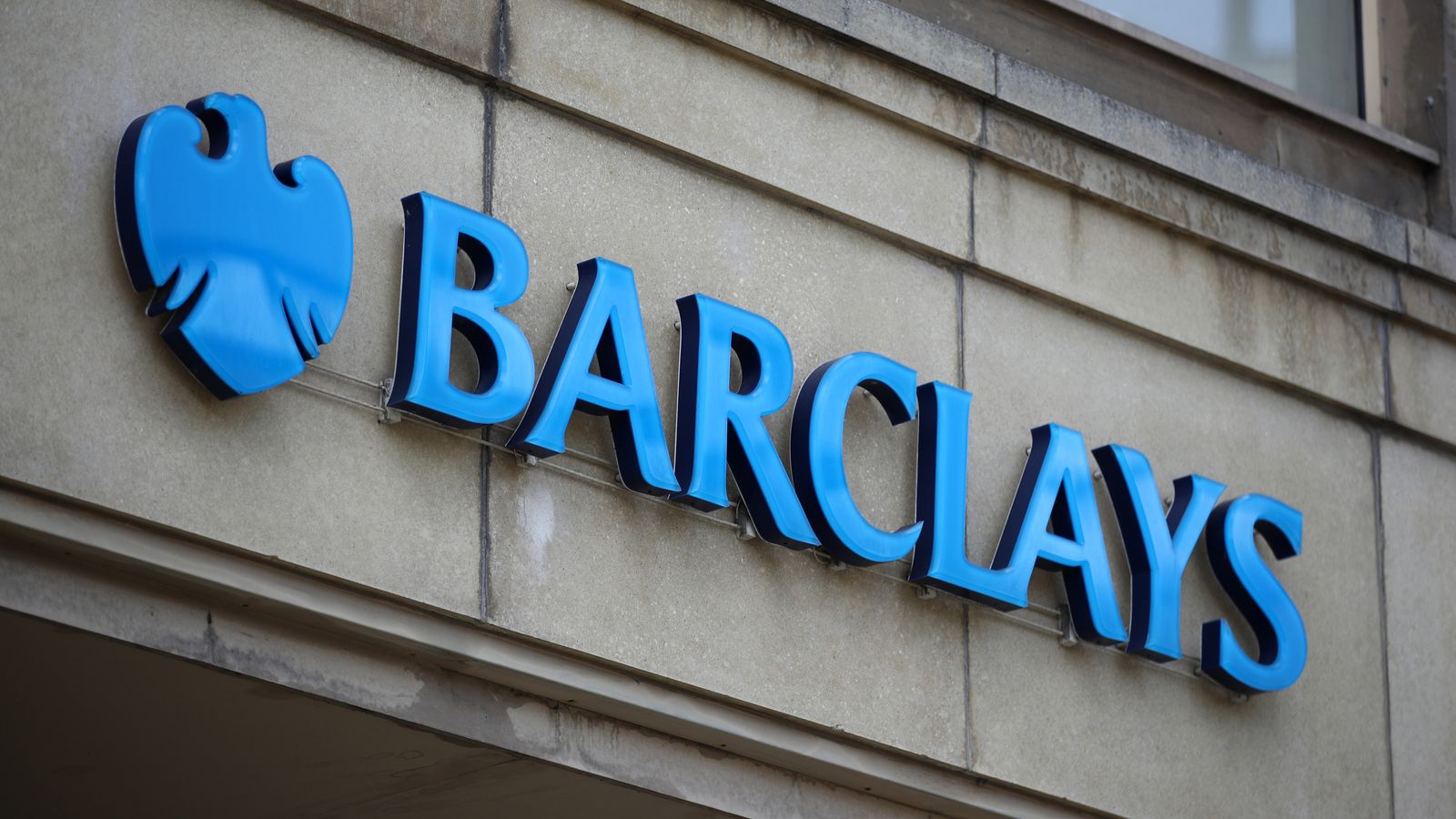Lawyers say a Supreme Court ruling is likely to curtail many victims of so-called authorised push payment (APP) fraud from making claims against their banks.
The comments were in reaction to Barclays winning an appeal that focused on the industry’s duty of care to customers when it came to fraud.
Fiona Philipp, a music teacher and long-time customer, sued the bank in 2020 after she was tricked into transferring 700,000 pounds to accounts she believed were legitimate in the United Arab Emirates.
She had argued Barclays owed her a duty to ignore her instructions if the bank had reasonable grounds to suspect she was being defrauded.
But Supreme Court Judge George Leggatt said this would be “inconsistent with first principles of banking law” as he overturned a 2021 Court of Appeal ruling that allowed the case to proceed to trial.
Be the first to get Breaking News
Install the Sky News app for free
“Where the customer has authorised and instructed the bank to make a payment, the bank must carry out the instruction promptly,” he said, adding “It is not for the bank to concern itself with the wisdom or risks of its customer’s payment decisions.”
He did, however, allowed Ms Philipp to pursue an alternative case against Barclays on the grounds that the bank breached its duty by failing to take adequate steps to recover the money.
APP scams have become Britain’s largest type of payment fraud and cost customers £583m in 2021, according to the Payment Systems Regulator (PSR).
The watchdog has already revealed plans to introduce mandatory reimbursement for victims of domestic APP fraud next year.
James Levy, a partner at law firm Ashurst, told the Reuters News Agency that the ruling placed the onus back on customers to ensure that payment instructions were bona fide.
“It closes the significant risk of what might otherwise have been a flood of litigation against the nation’s banks brought by customers who have been victims of APP fraud,” he said.
Barclays said it welcomed a decision that provided “certainty and clarity” on an issue of law of public importance.






